I typically hate when people use the word “unfair” in their argument. It has a childish tone, that of someone who isn’t able to deal with reality and resorts to complaining about it instead.
But when it comes to books, self-published authors really do get some unfair treatment.
Immediately, book-reviewers, journalists, editors, libraries and even some readers will jump to the conclusion that unless a book was pulbished through the traditional route, it must suck.
What other artists get that sort of treatment just because they’re unrepresented?
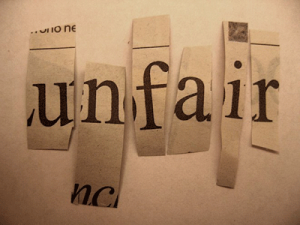 I try to compare self-publishing to things that I know… About three years ago, my wife, Heather, and I started our own photography business. We called it One Way Street Production because of our faith in Christ. We invested our own money (we didn’t go into any debt or borrow money from anyone) to buy camera equipment, computers and editing software, which totaled thousands of dollars. We launched a website that we control and update ourselves directly.
I try to compare self-publishing to things that I know… About three years ago, my wife, Heather, and I started our own photography business. We called it One Way Street Production because of our faith in Christ. We invested our own money (we didn’t go into any debt or borrow money from anyone) to buy camera equipment, computers and editing software, which totaled thousands of dollars. We launched a website that we control and update ourselves directly.
We were a self-started business. Our company name was our own. We worked directly for the clients who hired us, not some third-party representative whose existence validated our work.
Families and brides who wanted to hire a photographer came to our website and judged our work based on its own merit, not based on who represented us. We didn’t need anyone’s permission to take photos. We simply had to produce quality work and make sure our clients were happy.
And yet, in book publishing, most people still believe you must earn someone else’s permission to publish your book. They say, “You have to go through the gate keepers, otherwise you’re no good.”
A few months ago, my sister, Marta, who is also my publicist, helped me set up a workshop on self-publishing at a local college. The professor who helped her organize the event was generous, understanding and very supportive. Marta and that professor posted flyers around the college campus in the weeks and days leading up to the workshop.
The night of the workshop, Marta was setting up the room about an hour ahead of schedule. I wasn’t there yet, but she told me how another professor from that college had come to the room to tell her how much he disagreed with this workshop.
He called self-publishing illegitimate. He called it a crock. He called it no good.
That professor was a coward. That’s what I call him.
He went to my sister to complain about my workshop instead of coming to me directly. After the workshop, I left him a note with my email and phone number inviting him to talk to me, and I still haven’t heard from him.
Not only was that professor a coward, but he was wrong about all of his accusations.
The reality is that self-published authors are gaining ground in the book industry. More and more indie authors are gaining the attention of publishers who originally rejected their books. There have even been self-published authors who hit the New York Times, Amazon & USA Today beste-seller lists!
Up until recent years, the world of book publishing did hold a different standard. There were gate-keepers in the book publishing world more so than in other artistic pathways.
In order to be published, you had to first go through an agent (no publishing house with any sort of reputation would dare to accept a manuscript directly from an author!), then the agent had to go through the publisher, then the publisher had to go through their accountants (in other words, it wasn’t enough for a book to be good, it had to sell!), and then finally the book reached the public!
A whole slew of independent publishing houses (small presses) bypassed that formula and often accept submissions directly from the author, but self-publishing has defied even that principle!
Self-publishing allows authors to skip the agent, the publisher, the editor, even their accountants and go straight to the public.
Self-publishing took the door ram straight through the gate and rushed into the castle uninivited. For that, this form of publishing has left a bad taste in many people’s mouths.
And because we’ve barged into the party uninvited, some have resorted to cowardly name-calling and unfair criticism.
My take, read first, judge second.
What about you?
Are you involved in some kind of art form where people made a spot judgment of your quality before actually giving you a chance?
 Michel Sauret – Award-Winning Army Journalist | Independent Author Award-Winning Army Journalist, Independent Author
Michel Sauret – Award-Winning Army Journalist | Independent Author Award-Winning Army Journalist, Independent Author
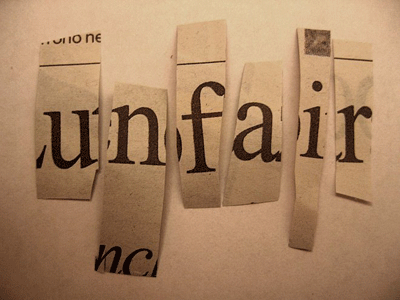
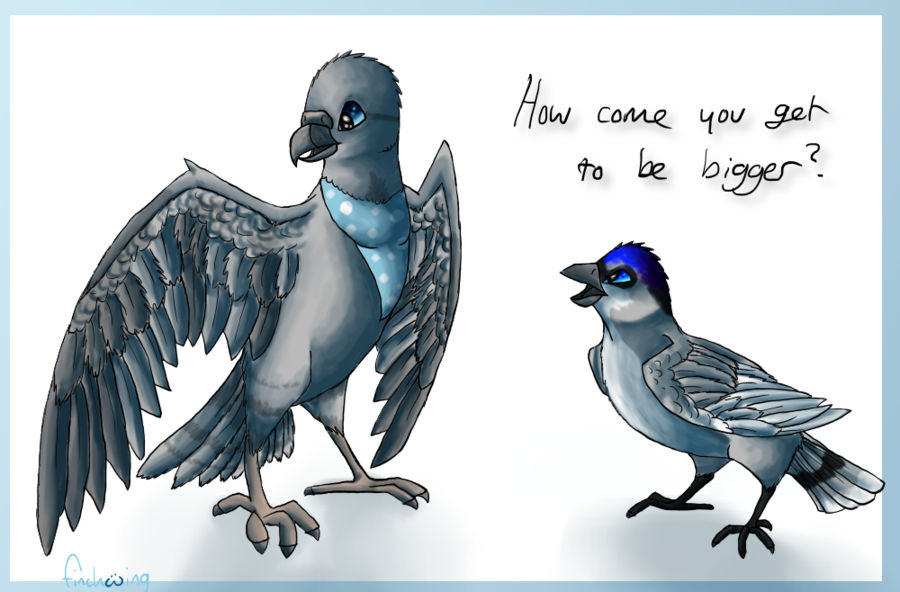




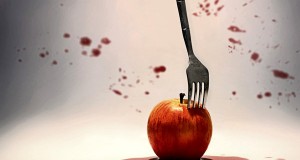
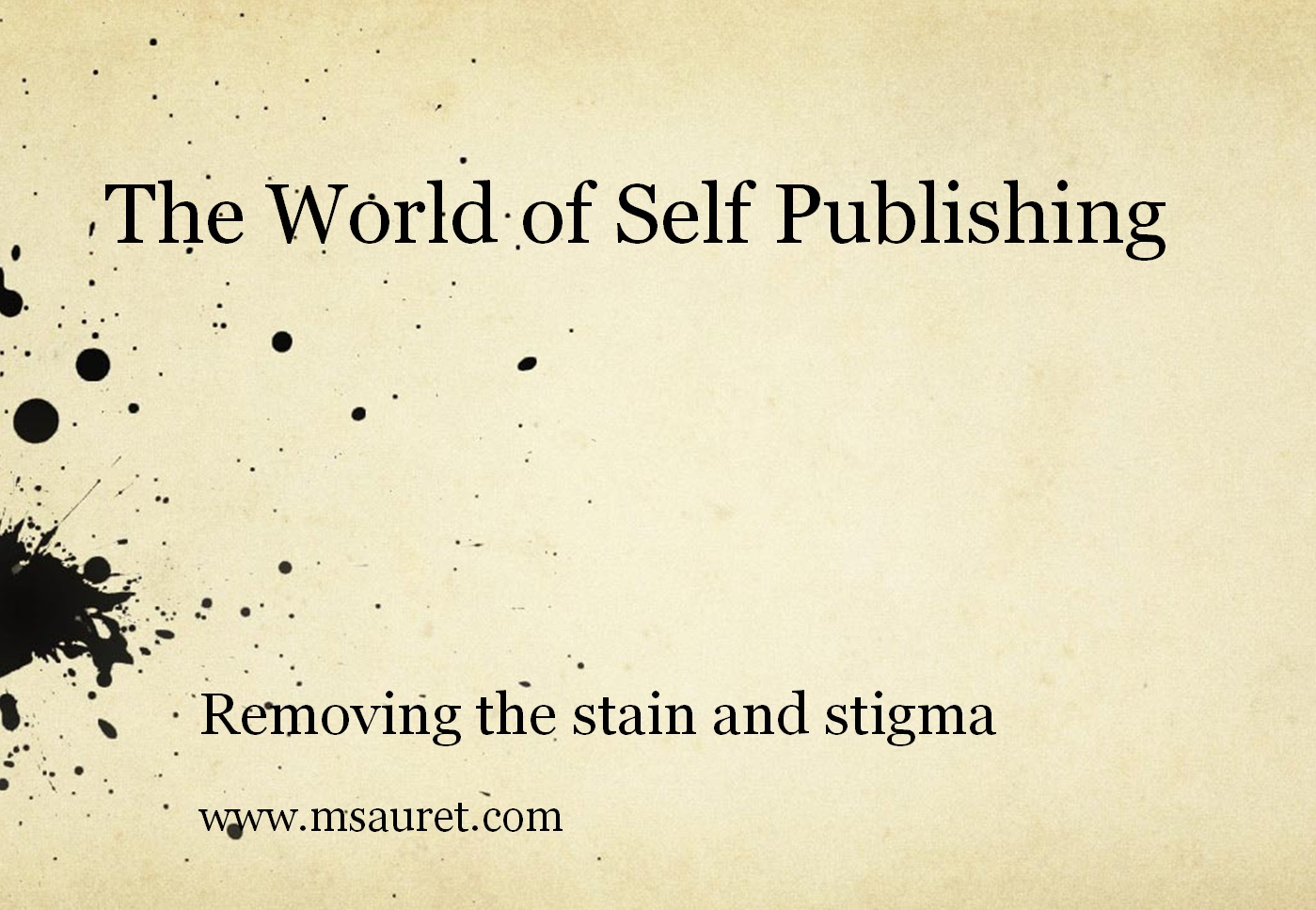
I agree 100 percent with what you are saying. I received one of the worst criticisms of my life, with the last line being something to the effect of “what do you expect from a self-published author.” This was a person who was a key gatekeeper in the publishing industry and, of course, with me not knowing anything about the industry, I assumed my work was of inferior quality. But once I started having considerable success with it, I realize that this person’s critique was largely based on PURE PREJUDICE. It was self-published, therefore, she looked for ways in which it would be horrible and, what a surprise, it was! My hope is that with the rise of independents we see everywhere–Independent politicians, independent bookstores, independent restaurants, we won’t see any more of this kind of sanctioned bullying–after all, some of the most beloved books of all time were written by independents! So if you are an indie, I tell you, don’t listen to any of them and keep on writing! Fight the power!